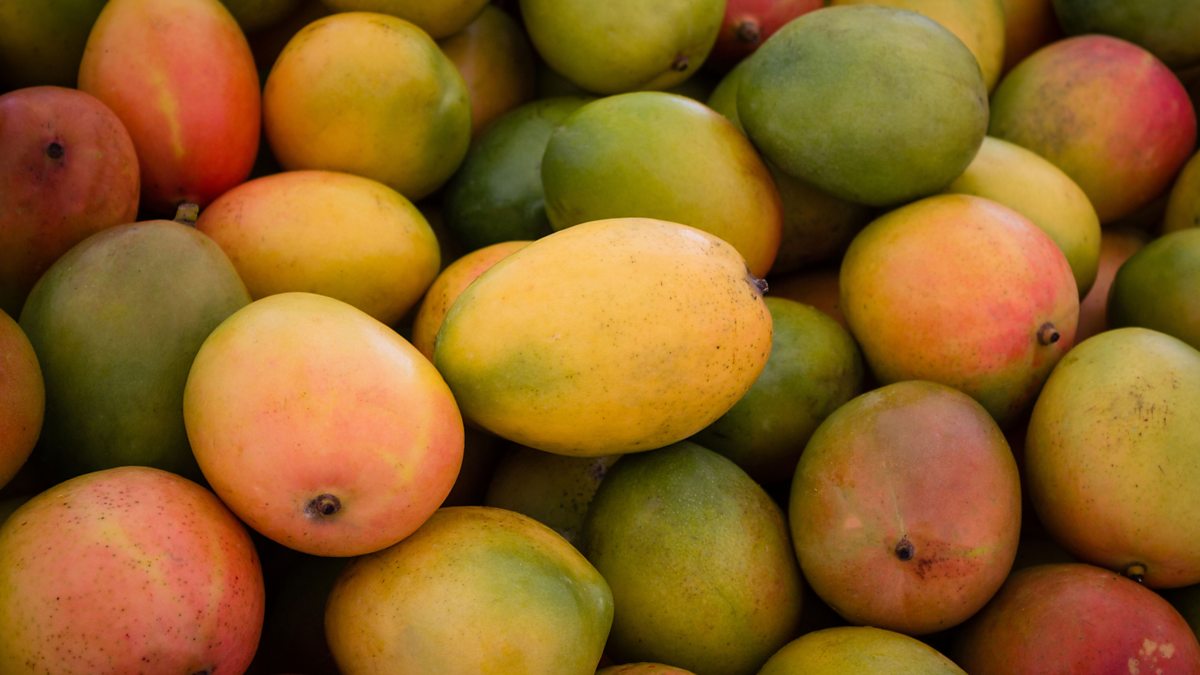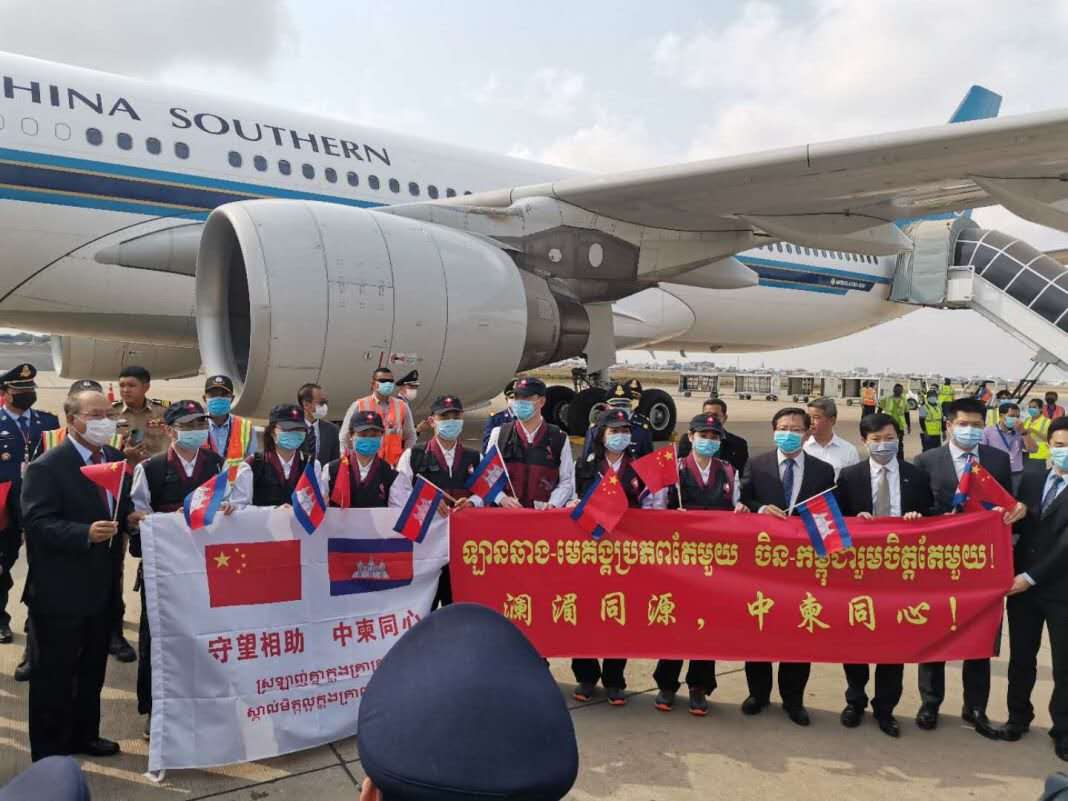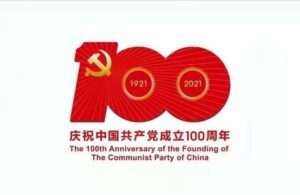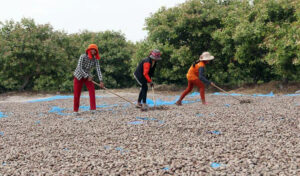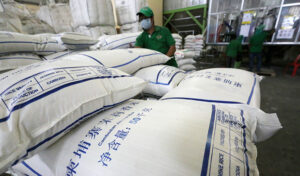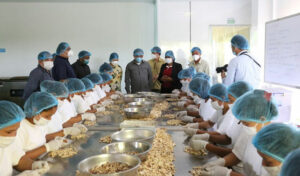Cambodian mangoes air freighted to Chinese market
The export of Vietnamese dragon fruit and Cambodian mangos to the Chinese market has been difficult since the outbreak of Covid-19. Custom clearance procedures are often delayed and the overall export volume has declined. Exporters have tried every possible method of overland transport, but keep running into logistical difficulties.
Green Sea Co., Ltd. is an agricultural company established in Cambodia through the investment of Chinese companies. Green Sea manages and develops an extensive plantation where farmers grow outstanding mango varieties such as Australian mangoes, Jinhuang, Yuwen, and Aiwen mangoes.
Manager Jin is the spokesperson for the marketing department of Green Sea. He recently talked about conditions in the Cambodian mango production areas and the export market.
“We mainly export Australian mangoes and Jinhuang mangoes to the Chinese market. We always used overland transport to deliver our mangos to any major market within 5 days of harvesting, but then the pandemic broke out. There are major queues of trucks at customs checkpoints and some border ports closed altogether. The transport time quickly rose to 15 days. Due to severe inspections of overland transport the Cambodian mangos took 15-20 days on average to reach the Chinese market,” said Jin.
“The percentage of damaged and spoiled mangos quickly went up as the transportation time lengthened. Although customs procedures at sea ports are shorter, cargo ships are often delayed and global shipping capacity is limited.”
The only way for Green Sea to transport the Cambodian mangoes to the Chinese market on time and keep the percentage of fruit waste to a minimum was to send the mangos with cargo planes. Green Sea began exporting Cambodian mangos via air freight at the beginning of this season.
“Air-freight products are inspected and tested upon arrival and usually clear customs with relevant certifications on the same day or the subsequent day. Of course, the cost price of air freight is huge. The cost price of transport now accounts for 50% of the entire cost price. We are fortunate that consumers appreciate the high quality of our mangoes. Still, the high cost of transport limits us. Our mangoes are much more expensive compared to domestic mangoes. We sell our mangoes for 20 yuan [$3.15] per 0.5 kg, which is much more than domestic mangoes. That is why we are working on ways to adjust the price and limit the impact of our retail price on consumer behavior,” said manager Jin.
Still, even air freight was recently limited. “We already received a notification from the airline that some scheduled flights have been canceled. We do not know whether we can continue to use air freight to transport our mangoes to the Chinese market,” said manager Jin.
“Although we also sell to the Singaporean and French markets, we are still looking for better ways into the Chinese market. Although we also sell to the Singaporean and French markets, we are still looking for better ways into the Chinese market. China remains our largest market after all.” Fresh Plaza.com/Khmer Times

